My child needs help with…
Relationships
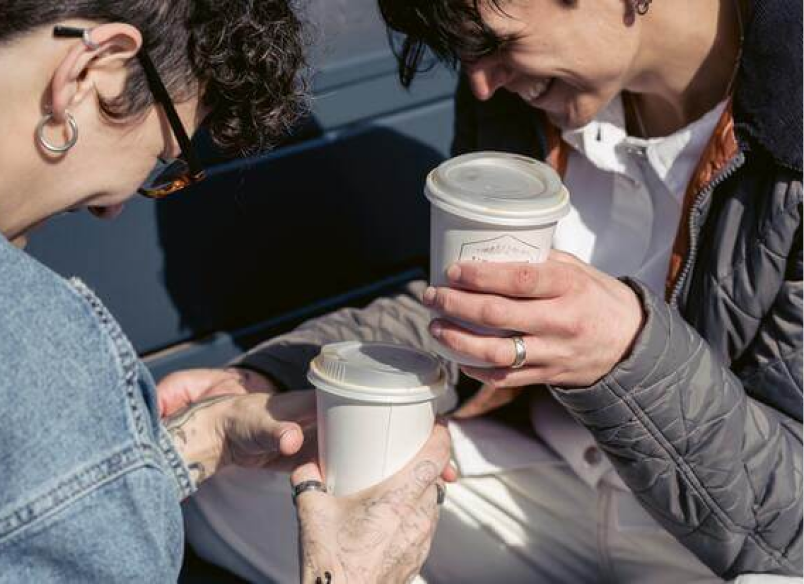
Why are relationships important for your child’s mental health?
Relationships with other people are important to our mental health. Positive, healthy relationships with family and friends, can boost your child’s mood and can support them during tough times.
If your child doesn’t have many close relationships, or their relationships have broken down, this can cause them to feel lonely. If their relationships are negative, abusive or involve violence this can lead to your child feeling unsafe, scared and sad.
How can I help my child with their relationships?
It’s not possible for you to control all of your child’s relationships but you can teach them about healthy relationships that involve good communication. The best way to do this is to invest in your relationship with your child and spend time talking with them. Here are some tips for starting a conversation like this with your child.
It can be difficult for children to build relationships with other people and to trust them. There are lots of reasons why relationships might be hard for your child and if this is the case, let them know that it’s ok to ask for help. These are some possible reasons but there are many others:
- Your child might have autism or a learning disability which means that it can be difficult to understand other people and learn how to talk to them.
- In the past, your child might have been harmed or hurt by someone they trusted and that can make it difficult to trust other people.
- They might be struggling with a mental health difficulty like anxiety or depression that makes it difficult to open up to other people.
- They might feel different or unsure of themselves and find it hard to connect with other people.
The Health for Teens website offers lots of information and advice for all types of relationships and issues.
What to do if my child is experiencing/has experienced abuse or violence?
Abuse is always wrong and it can be very difficult to talk about. If you’re worried about your child experiencing abuse, find out what it is and who can help. Ask for help for yourself too if you need it. Check out the Get Help Now links on this page.
There are different types of abuse.
- Physical abuse – being hurt by someone for no reason
- Mental or emotional abuse – being treated badly, such as always being ignored or criticised
- Verbal abuse – saying or shouting or writing horrible things
- Neglect – not being looked after and kept healthy
- Sexual abuse – being touched where you shouldn’t be or forced to take part in sexual activity
Abuse isn’t always carried out by a stranger and can be someone your child knows, which can make it feel hard to speak out about. Let your child know that abuse is always wrong and it is not their fault. If they tell someone, this can help to make it stop.
Learn more
Get Help Now!
Here are a list of services that can help. The icons below tell you the type of support available.

Youth Groups in Nottinghamshire & Nottingham City

Young Creatives Project
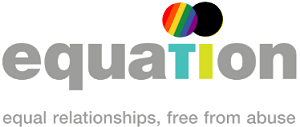
Equation (Domestic Violence)

Refuge Against Domestic Violence
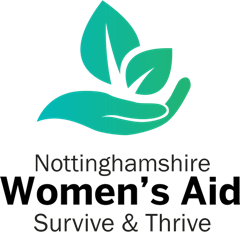
Women's Aid

Nottingham City CAMHS

Nottinghamshire County CAMHS

Relate Nottingham

Talk Zone
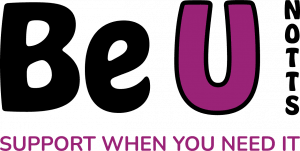
Be U Notts

Kooth
Which services can I access?
Some of the services available operate only within city or the wider county area. Pop your postcode in below to quickly check which services are available to you
Related topics
-
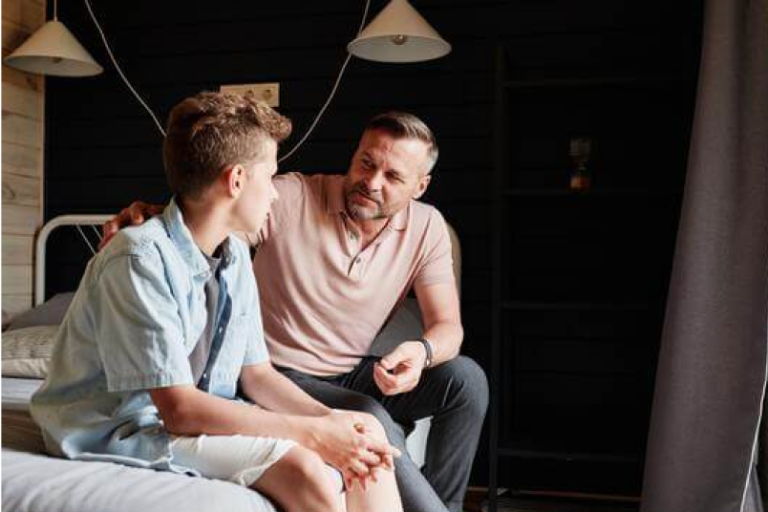
Family Separation
There are lots of reasons why some parents split up. Usually, it’s because one (or both) of the parents is unhappy. They might think they need to be apart to make things better. Your parents may argue and shout, but remember it is not your fault that this is happening.
-
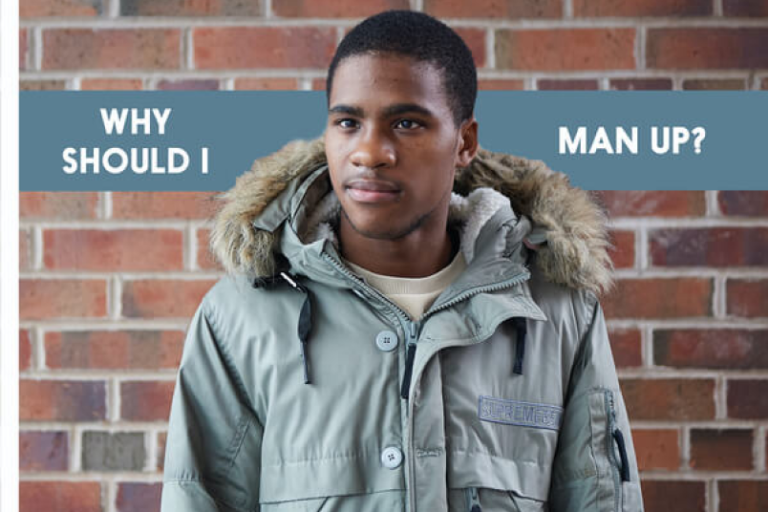
Identity
Your identity is the unique things about you that make you, you. It’s good to be different because if we were all the same, the world would be boring! It’s easy to think that everyone else knows exactly who they are and feels like they fit in but even the most talented and successful people sometimes feel different and unsure.
-

Self-Care for Mental Health
It’s OK not to be OK.
Just like our physical fitness, we need to look after our mental health to feel good. When you’re not feeling OK, it’s OK to talk about this and ask for help.